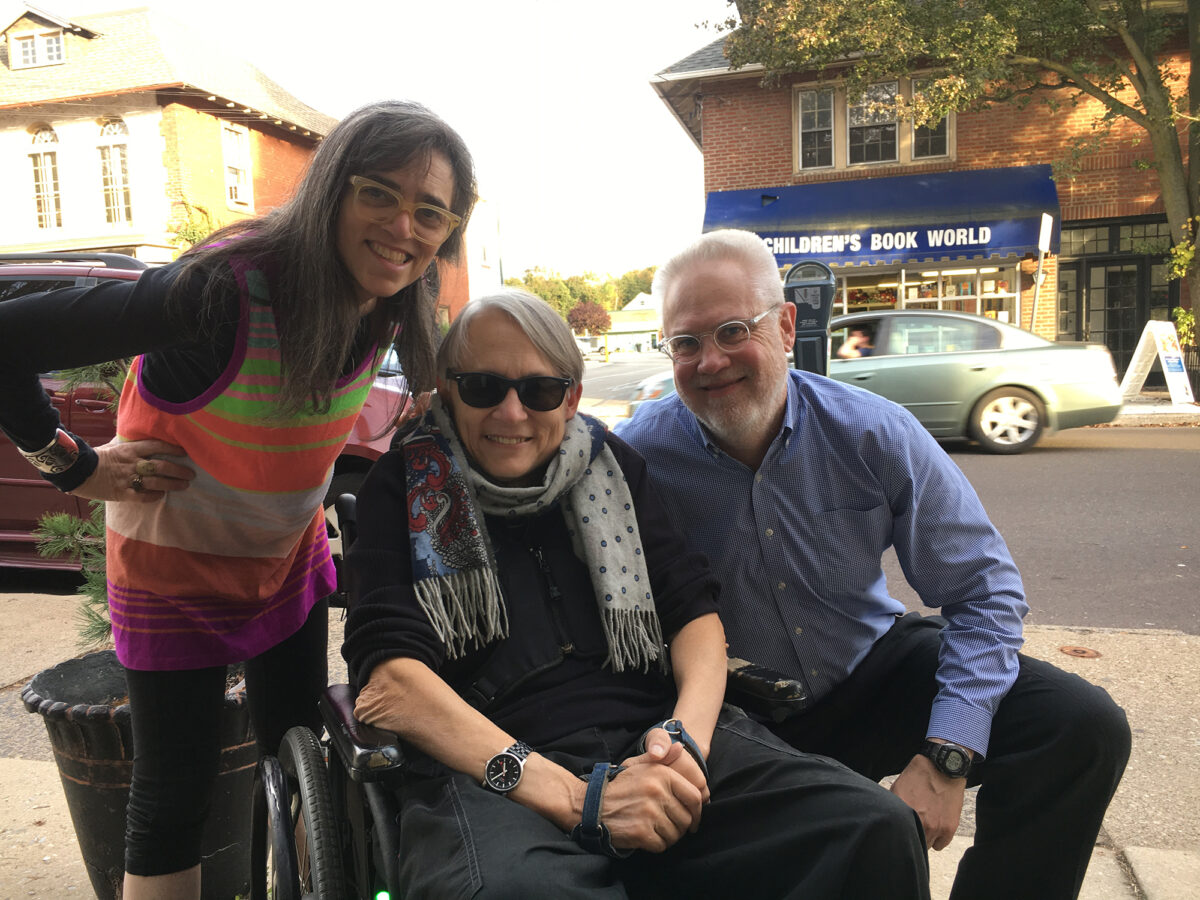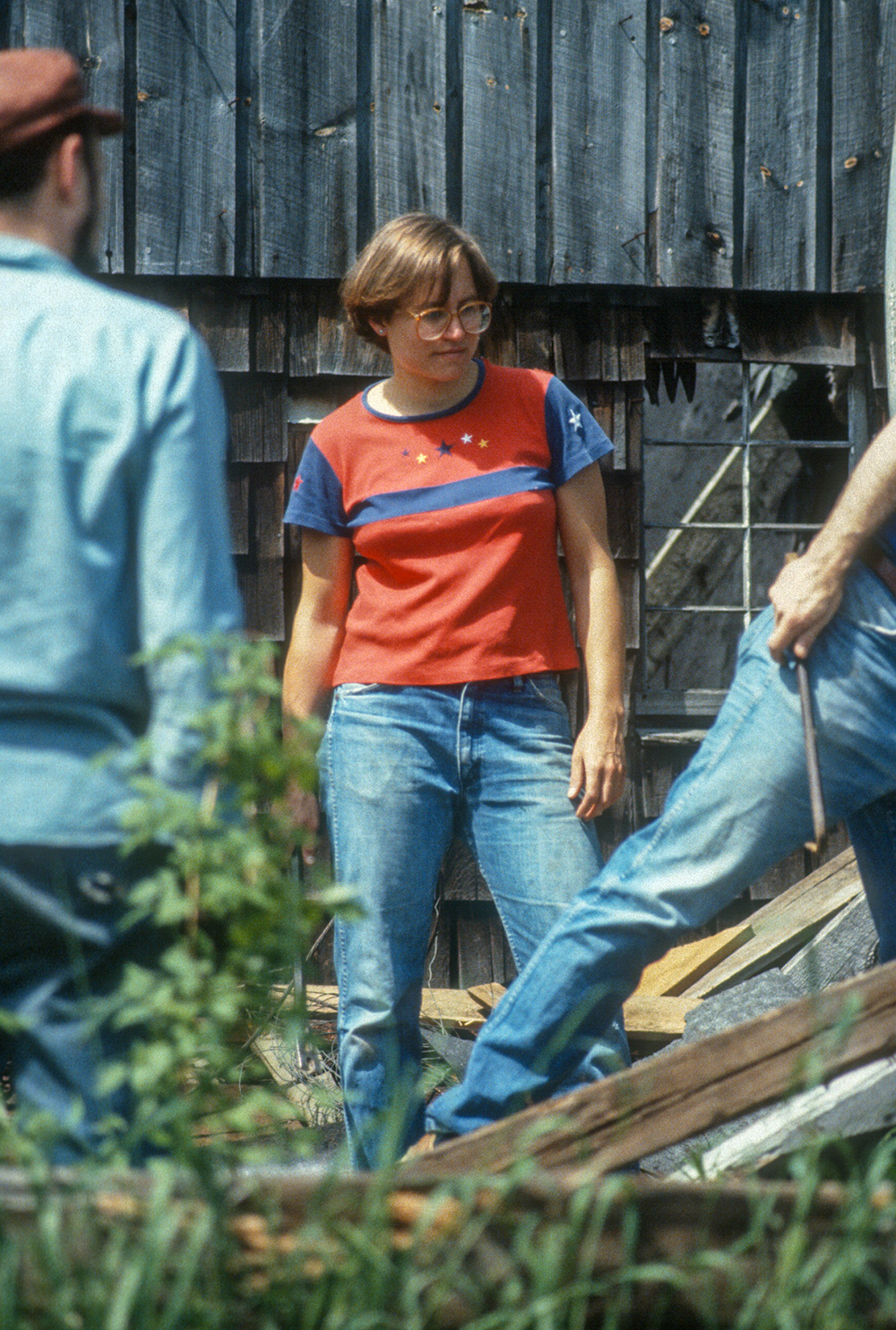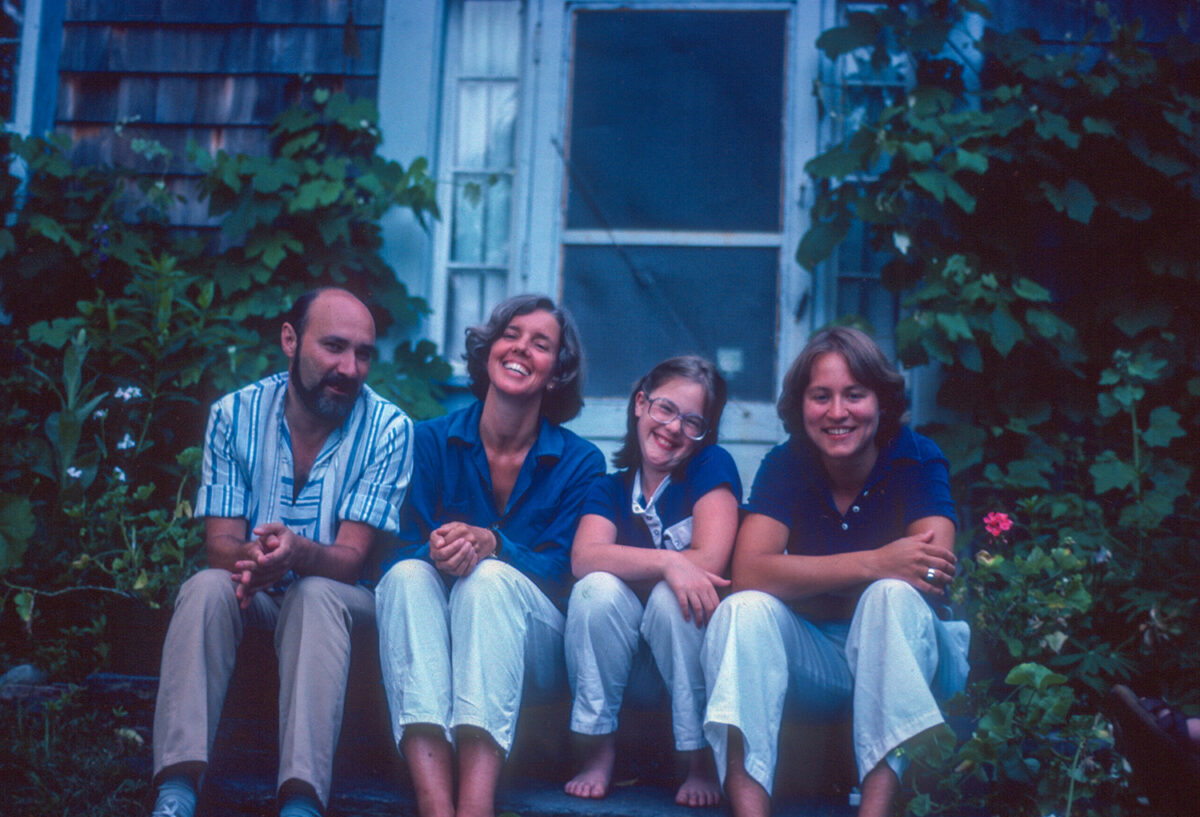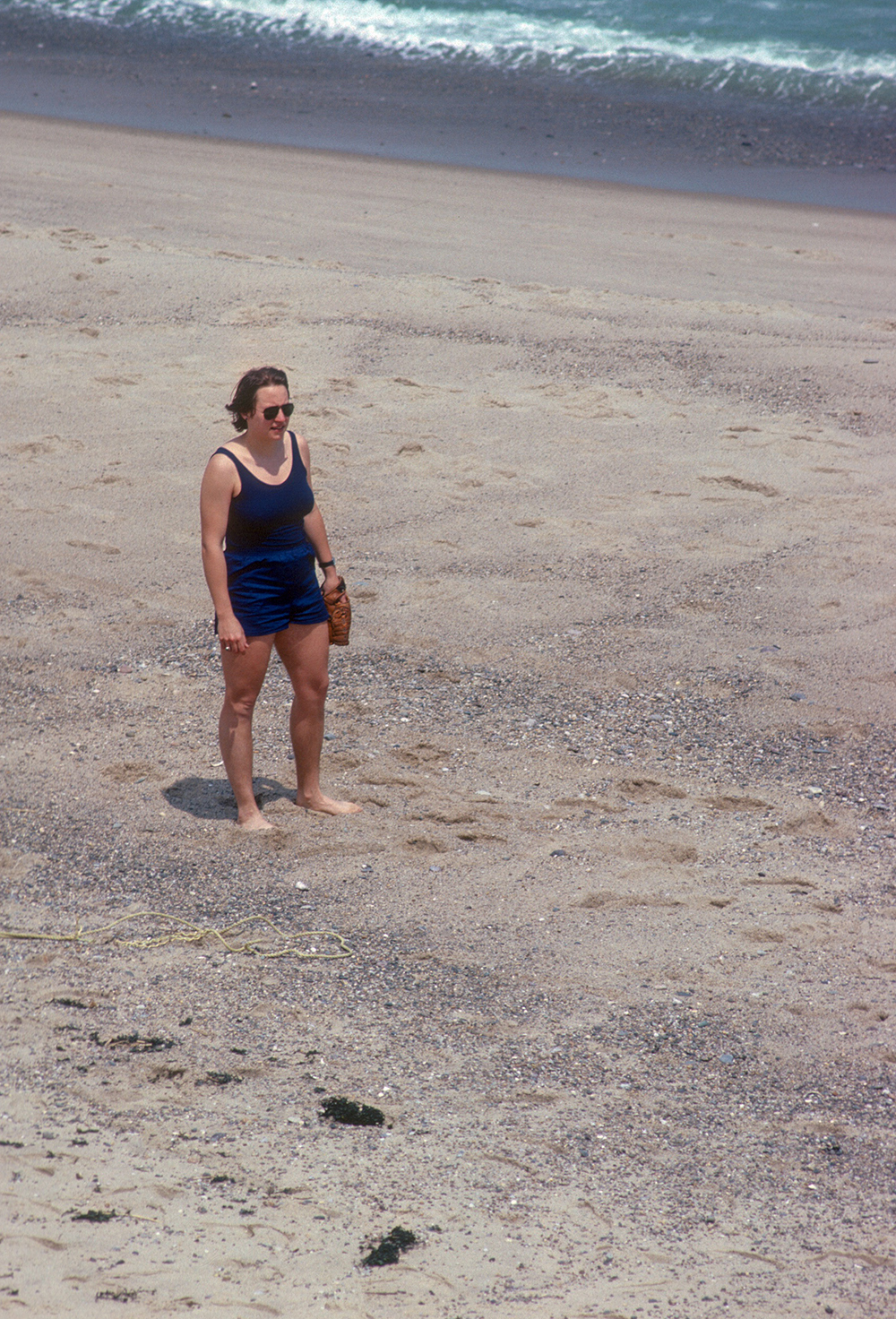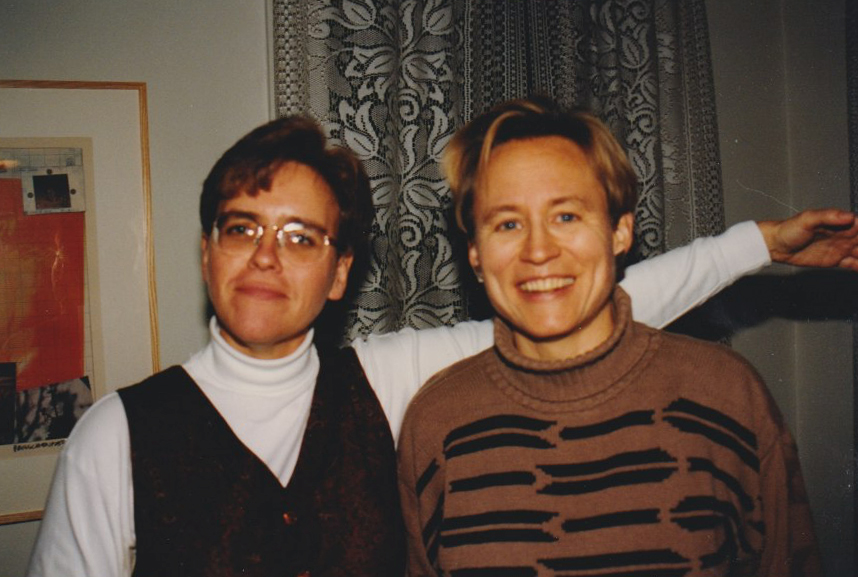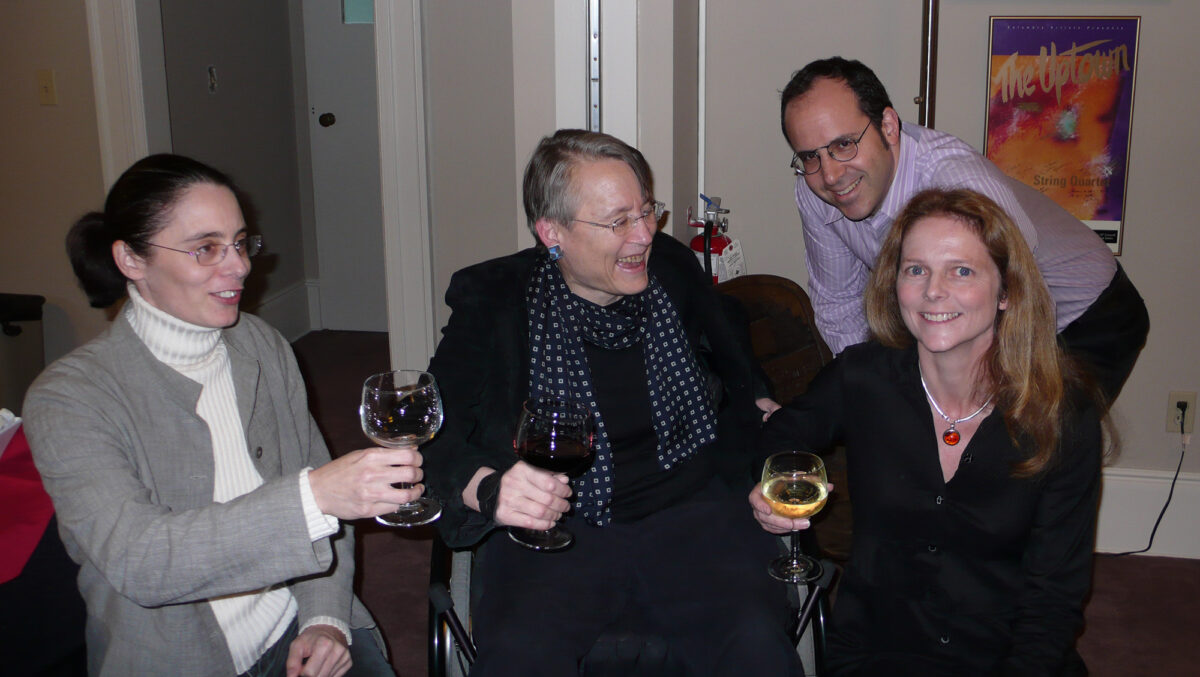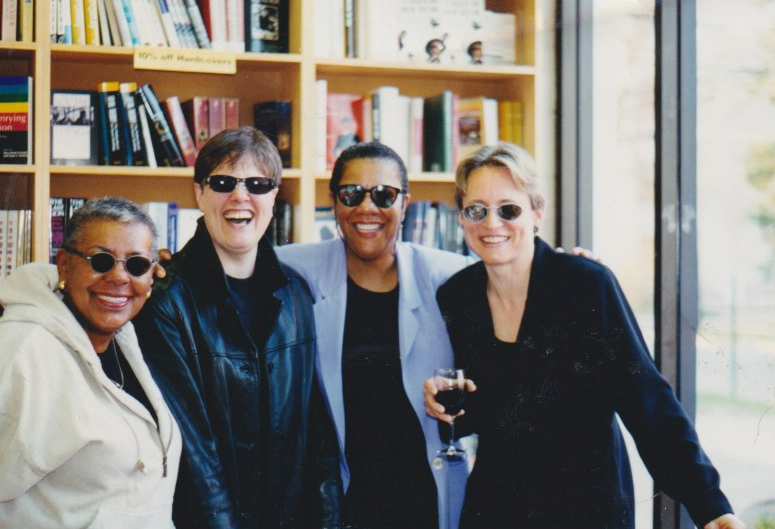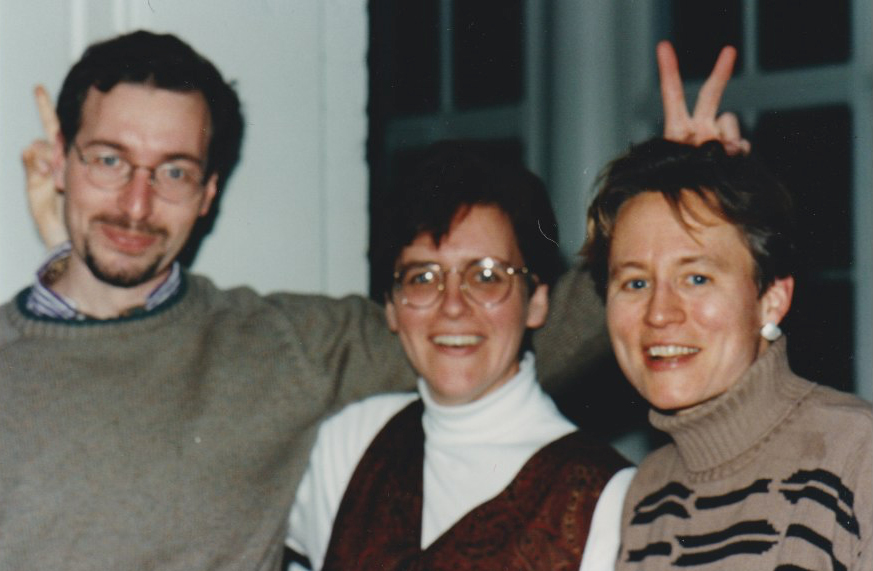It had barely begun to chill, the way that October in the northeast does, but I had, knowing it was likely still too warm, nonetheless worn a pair of boots to campus––heavy black ones, with thick lug soles. Christina must have spotted them jutting impetuously out from below the seminar table and made a point to compliment me over lunch. How delighted I was by those two words (“nice boots”), unduly pleased to have impressed her sartorially, precisely because I knew I’d never impress her intellectually. How could I?
A foolish thought, as I would later come to understand, because despite her indomitable intellect, of which there was and is such renown, Christina was extraordinarily generous––open to being impressed, enchanted, and taught by the thinking of both her junior colleagues and, crucially, also her students. I always suspected she could see conclusions in my work that would elude my grasp for months or even years, but appreciated how seriously she would take my babbling in whatever its inchoate form. It was truly a lesson, always, to see the way she never failed to take seriously the ideas of others, by which I mean, affording them the greatest respect and care, and not, of course, abstaining from a sly, winking comment or double entendre, of which she was both fond and peerless. So many have already stated their appreciation for these qualities: her genius, her humor, her particular way of close reading a person. I feel lucky to have known her enough to echo that sense of awe.
In her last email to me, Christina wrote, “I imagine the time of my coming retirement as hours when I can read whatever I want to read, and look at whatever I want to look at.” When I heard that she had died, I felt not only bereft, but also angry that she did not get that time, was robbed of many such hours, and especially of those with her beloved Janet and Moxie the dog. The magic of intergenerational friendships is that they not only fill, but also elasticate our hours, giving them an unexpected stretch and pleasant snap. I imagine the time of my coming years as filled with much striving to live up to Christina’s example: to teach with her commitment or think with her dexterity. I imagine this effort requiring many hours, enormous heaps of them, due to my own limited capacities, and so, for the time being, I have mostly sated myself by trying to write much longer sentences than I used to, and imagining Christina, arms open wide, wrists dancing, as if fingers alighting on each word, syllables syncopated for emphasis, grinning as she described, as she once did in conversation with me, the kinds of sentences that gave her so much pleasure, those long Jamesian sentences which, like life, are prone to linger and swerve, those “with perfectly subordinated clauses.”
